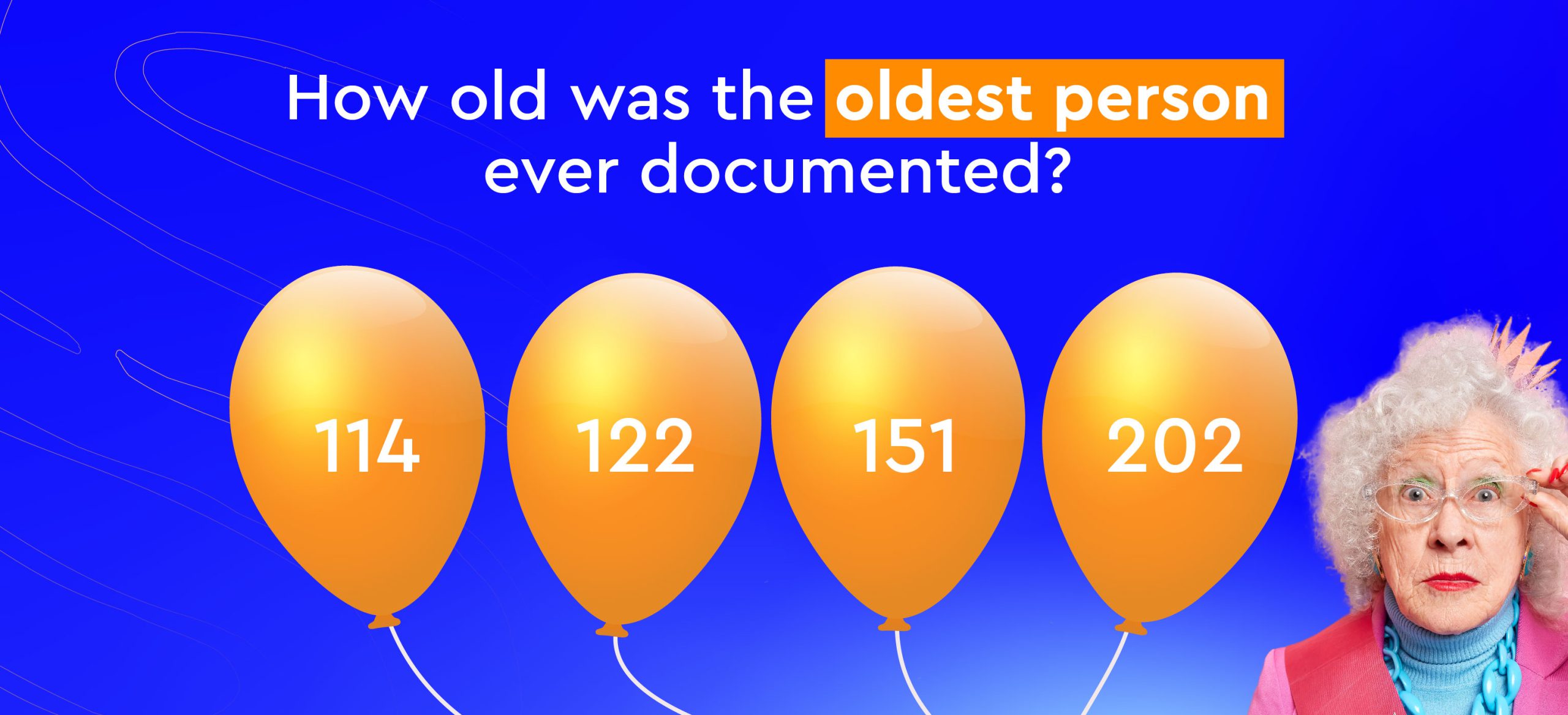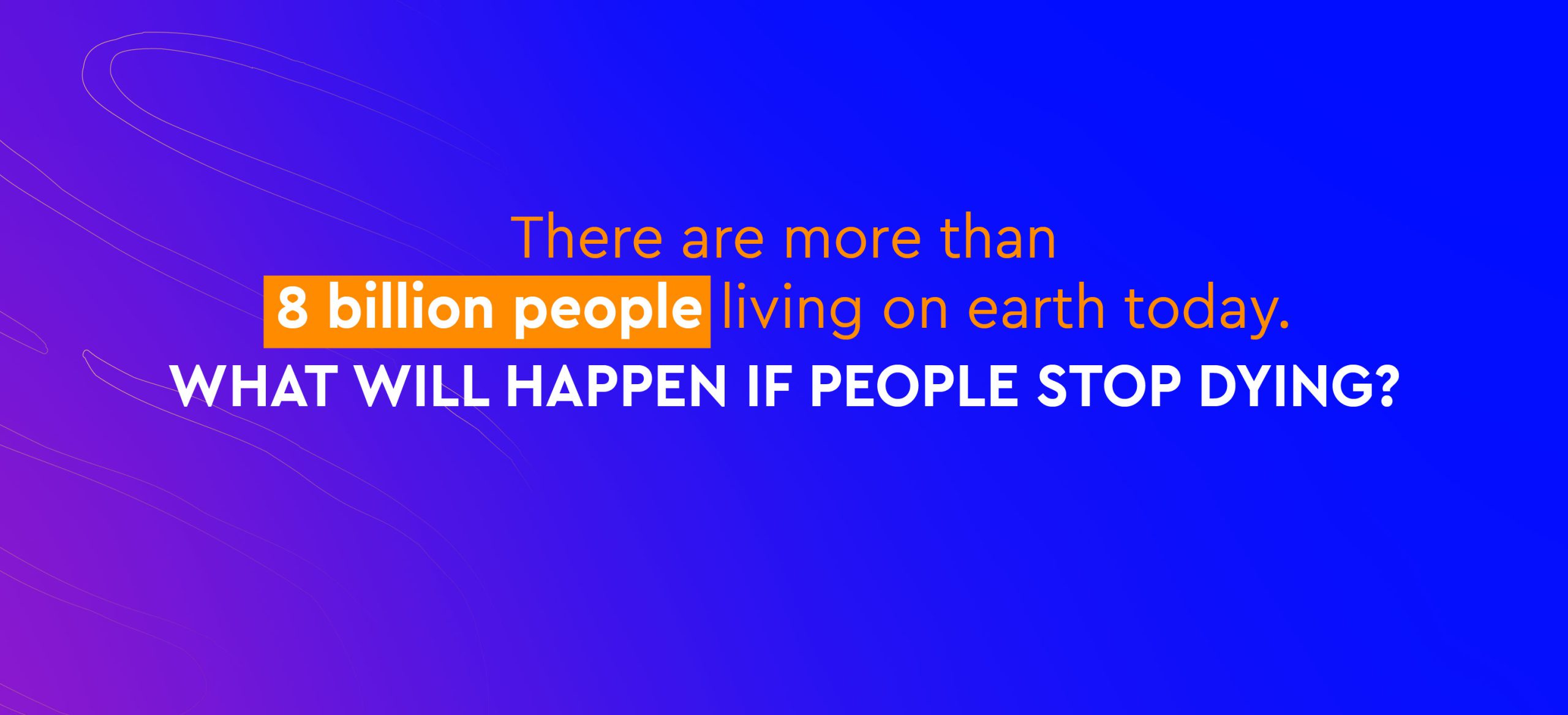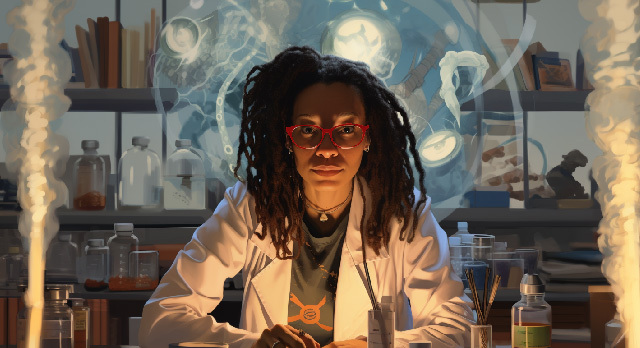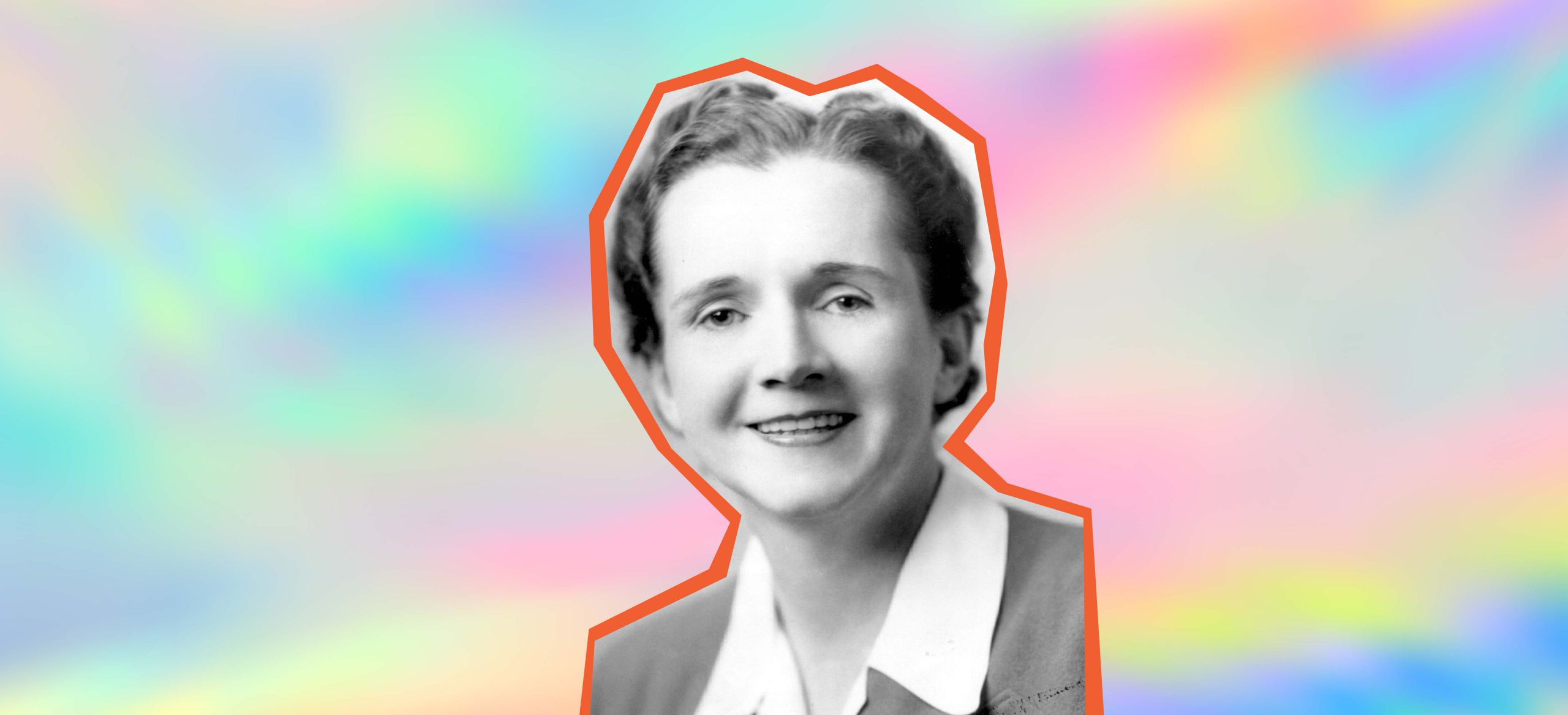

Would You Like to Live Forever?
Would You Like to Live Forever?
The race for the elixir of life is underway: Researchers are trying numerous approaches to try and radically extend life, or even achieve immortality
Methuselah is said to have lived 969 years, but the verified champion of longevity is Jeanne Calment, a French woman born in 1875. She died in 1997 at the age of 122 years and 164 days. But rest assured she will not hold that record for long. The race for the elixir of life is underway.
In multiple institutions researchers are trying numerous approaches to try and radically extend life, or even achieve immortality: from anti-aging drugs and gene editing, to cloning and organ replacement. If the tech billionaire’s investment portfolios is any clue, the quest for immortality is booming, with Silicon Valley leading figures such as Jeff Bezos and Peter Thiel investing in companies trying to reverse aging. One avant-garde approach even suggests we could someday scan our brains and “upload” them to the cloud, thus living forever in the digital realm. Are you up for it?

One could ask if death really is necessary. Technologically speaking, is death a bug or a feature? Even if you overcome diseases, never get involved in an accident, and reach old age in good health, it seems senescence – meaning biological aging – is inevitable. Almost all multicellular organisms (except for certain animals such as Hydra) experience molecular and cellular damage which, eventually, causes the functional characteristics of the organism to deteriorate to a point beyond which they cannot support it anymore. Then comes death; or, rather, this is death.
This is what those in search of immortality are trying to “fix”. They think of death as a bug and not a feature, for example: if only we could replace dying cells or stop their deterioration; if only we could replace biological body parts with mechanical or even digital ones; then maybe, we can really cheat death. When you come to think about it, isn’t this what modern medicine does anyway – keeping us alive for as long as possible?
This raises the important question of why we would want to live forever in the first place. The basic answer would be that living is a good thing, and we want good things to last, so to just keep on living seems like a thing of value. Philosophers throughout history have been thinking about that. Interestingly, English philosopher Bernard Williams said that living forever will simply be boring, and that the knowledge of our eventual death is the one thing giving our lives meaning. Without it, why should we do anything? In any case, humans have been fantasizing about cheating death since time immemorial. Whether signing a pact with the devil or searching for the fountain of youth, the notion that we could cheat death has always been a very human characteristic; moreover, it seems like it will continue being so in the foreseeable future.
Group Activity
Divide the group into several teams.
Pick one of the questions from the list below and let each team discuss it and then present their thoughts to the group; Alternatively, assign each team with a different question, and when they present it to the group ask the remaining teams for their thoughts as well.
Questions
- Some animals, such as certain species of jellyfish, have a regenerative ability – they do not die of old age and can exhibit potential immortality. Would you have liked living indefinitely? Do you think that’s a good thing?
To delve deeper, give each team an article from the list below (you can assign all of the articles or choose between them). Ask each team to summarize the article’s main argument(s) and present it to the group. Things to note and address: where was the article published (a magazine? A news website? An academic journal?) Who is the author (a columnist? An academic?). Each team can also turn the article’s core argument into a slogan (“AI deletes the I”, “The solution is evolution”, etc.). Ask each team to present their thoughts on the question to the group.- Article 1: Silicon Valley’s quest to live forever could benefit humanity as a whole — here’s why. CNBC, September 2021
- Article 2: Will humans ever be immortal? Live Science, September 2021
- Article 3: AI Can Now Make You Immortal – But Should It?. Forbes, February 2023
- There are almost 8 billion people living on earth today. What will happen if people just stop dying?
- If you are wondering about future population growth projections, see here.
- In more ways than one, our lives are shaped by our awareness of our inevitable death. What would change if death were no longer inescapable? How would society change?






